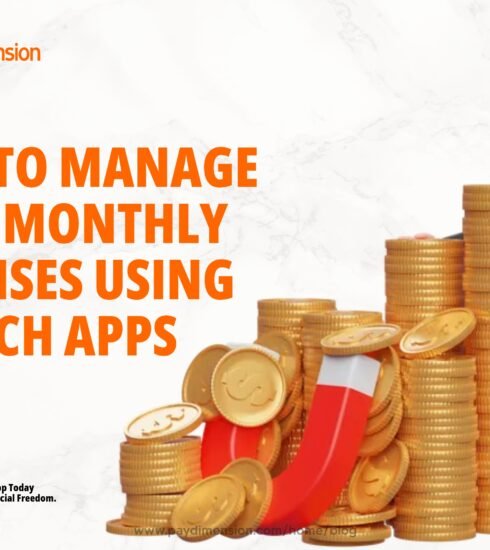The Role of Data Analytics in Fintech
One field where technology is making a huge impact is in financial technology, or “fintech.” Data analytics, which involves gathering, examining, and interpreting large sets of data, has become a vital part of fintech. It helps companies better understand their customers, manage risks, and improve financial services. But what exactly does this mean in simpler terms?
What is Data Analytics?
Think of data analytics as the process of sorting through vast amounts of information to find useful patterns and insights. Imagine if you kept a detailed diary of your spending habits—where and when you spend, what you spend the most on, and how often you save. If you went through this diary looking for patterns, like realizing you tend to spend more on weekends, you’re essentially doing a form of data analytics.
In fintech, data analytics works similarly, but on a much larger scale and with more sophisticated tools. It allows financial companies to understand customer behavior, make better decisions, and offer personalized services.
Why is Data Analytics Important in Fintech?
- Understanding Customer Behavior
- Fintech companies use data analytics to track customer transactions, preferences, and habits. By doing so, they can learn what types of services their customers prefer, what products are popular, and how customers use their services. For instance, if data shows that a lot of customers prefer mobile banking over visiting branches, a bank might invest more in its app’s development.
- Improving Customer Experience
- Data analytics enables companies to personalize services for each customer. For example, if data shows a customer regularly sends money internationally, a fintech company might offer a faster and cheaper money transfer option. By customizing services, fintech companies make the experience more enjoyable for their users.
- Managing Risks and Preventing Fraud
- In world of finance, security is a top priority. Data analytics helps fintech companies spot unusual behavior that might indicate fraud. For example, if there’s a sudden large withdrawal from a customer’s account that doesn’t match their usual activity, the system can alert both the company and the customer. This proactive approach helps prevent theft and keeps customer funds safe.
- Making Smarter Financial Decisions
- Data analytics helps fintech companies analyze market trends, economic changes, and customer spending patterns. This information is used to make informed decisions on lending, investments, or new products. For instance, if data reveals that many people are interested in sustainable investments, a fintech company might develop eco-friendly investment options.
- Enhancing Efficiency
- By automating tasks such as data entry or processing customer inquiries, data analytics makes operations faster and more efficient. This reduces costs for the company and speeds up service delivery for customers. Many fintech companies now use artificial intelligence (AI) to handle these tasks, which improves accuracy and reduces the risk of human error.
Real-Life Example: How Data Analytics Helps You
Let’s say you use a budgeting app to track your monthly expenses. The app gathers data on what you spend on groceries, entertainment, bills, and savings. Over time, it can analyze your spending patterns and give insights into where you could save more. This is a simple way that data analytics can help improve personal finance.
In a similar way, fintech companies use data to help customers manage their money better, understand their spending habits, and even get personalized advice on investments or loans.
The Future of Data Analytics in Fintech
Data analytics is expected to continue growing in importance in fintech. As technology advances, we’ll likely see even more personalized financial products, more secure digital transactions, and smarter tools that help both customers and businesses make better financial decisions.
In summary, data analytics plays a huge role in fintech by helping companies understand their customers, manage risks, and create more personalized and efficient services. Thanks to data analytics, the world of finance is becoming more accessible, secure, and tailored to individual needs, making it easier for everyone to manage their money.





